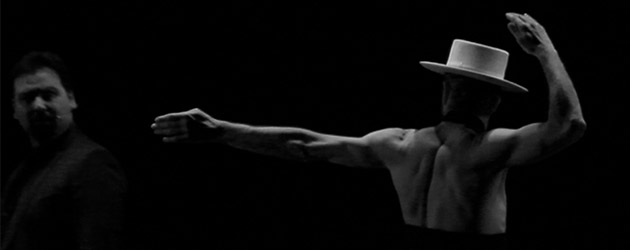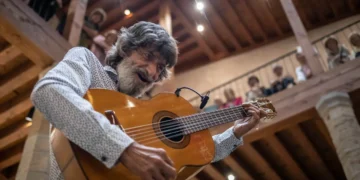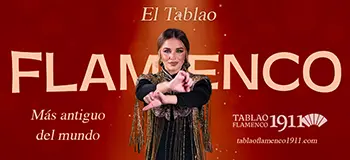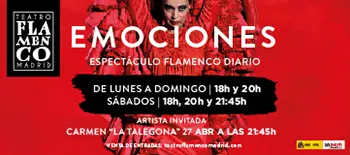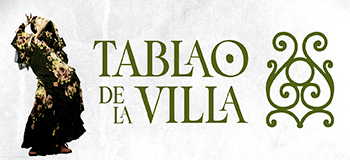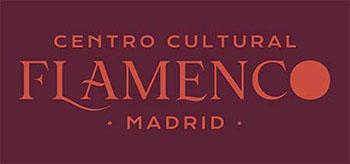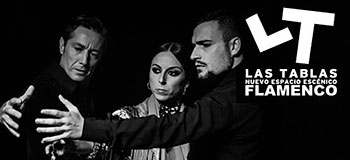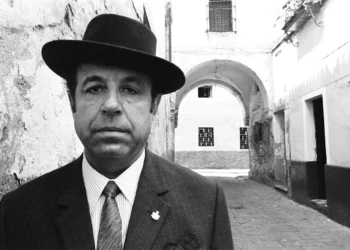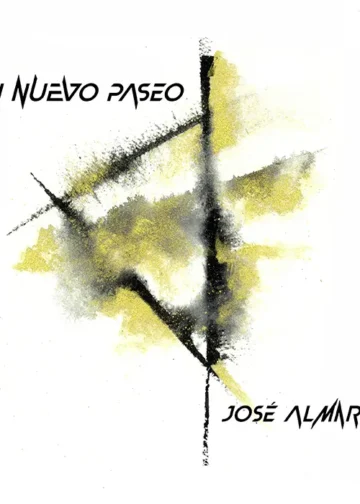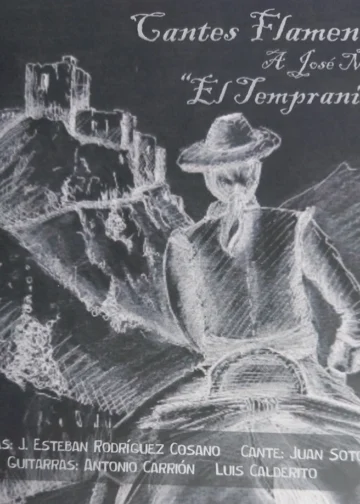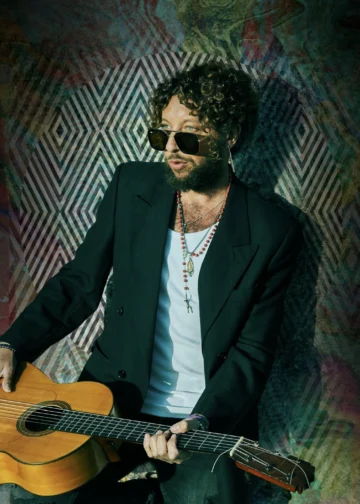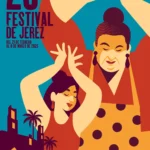Text: RFM
Photos: Pepe Zapata
Flamenco went to the world capital of dance
From December 2 to 8, the city of Neva hosted the first flamenco festival in its history which was not only a success, but set an example for events of this type.
If any city in the world has dance as part of its cultural parameters, that city is, without a doubt, Saint Petersburg, a city which deeply believes in the importance of culture in general.
A much-needed festival
The Festival Flamenco of Russia-Saint Petersburg 2013 was the first event organized by Spain with criteria and high artistic quality, a model of flamenco organization. “The Russian people have tremendous musical sensitivity, and a great affinity for all things with a popular origin in the most genuine sense, such as flamenco” said Manuel Hernández Gamallo, the head of Cultural Affairs at the Spanish Embassy in Moscow.
High-flying Flamenco
If dance is today the best flamenco ambassador in the world, in St. Petersburg it is even more so with a program that included stars such as Andrés Marín, Manuel Liñán and Patricia Guerrero, three different concepts of dance. Patricia Guerrero was also part of the show “Giraldillo” that featured Dani de Morón and José Valencia.
Andrés Marín, one of the clearest thinkers in today’s flamenco dance. Everything he does is the fruit of deep meditation, he is a true investigator, a dancer and choreographer with an unmistakable personality. In “Mi Baile” he incorporates some new pieces combined with older ones, but always in his line of sobriety, rich in detail but with no gimmicks. His backup was José Valencia on cante, and Salvador Gutiérrez on guitar, and just the three of them were able to fill the spacious Findlandsky Concert Hall.
On the following day, the stage was full of prize-winners: the “Giraldillos”. That was the name of the show that debuted at this festival starring three artists who received this award at the last Bienal of Sevilla: Patricia Guerrero, Dani de Morón and José Valencia. Three very different artists, united by the quality of their work. The show was not headlined by any one of them, although perhaps José Valencia was the most prominent member. But it’s actually a trio, and there is room for each one to shine. The show was very well received by the audience.
Synergy
Synergy was the third and last show of the Festival Flamenco of Russia in St. Petersburg 2013. It was the work of dancer and choreographer Manuel Liñán. In answer to the minimalism imposed by current economic austerity, Liñán uses his most powerful resource: creativity. He dances wonderfully, and knows how to get the best from his people, as well as material resources, atrezzo, lighting, etc., in addition to narratives. His works are not merely a succession of dances, but rather articulated dialogues. The audience was won over.
There were also talks by Andrés Marín and Manuel Moraga and the projection of two films, “El Fabuloso Sabicas” of Pablo Calatayud and “Tan Cerca tan Lejos. Orquesta Chekara y el Flamenco” of Pepe Zapata.



